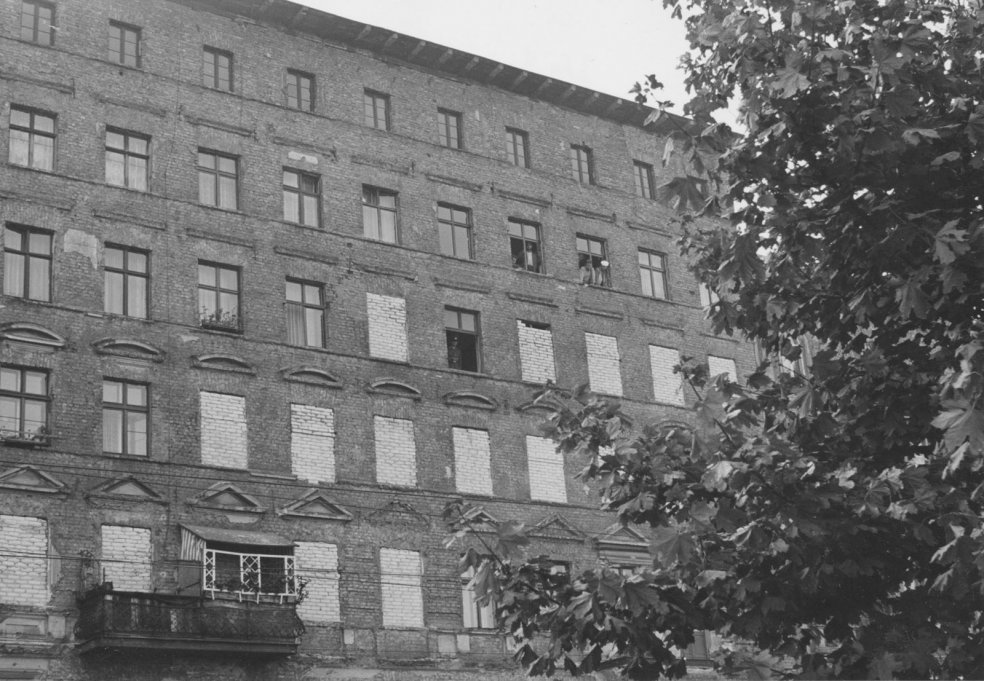In the night of the 12 to the 13 of August, Walter Ulbricht, as SED (Socialist Unity Party of Germany (Ger.: Sozialistische Einheitspartei Deutschlands)) party leader and Chairman of the National Defence Council of the GDR, (German Democratic Republic [East Germany]. (Ger.: Deutsche Demokratische Republik or DDR)) gave the order to seal off the sector border in Berlin. Having obtained the agreement of the Soviet Union a few days previously, and with the support of the Soviet troops in the GDR, the regime closed off the last route for escape from the Party dictatorship: in the early morning of August 13, border police started ripping up streets in the middle of Berlin, pieces of asphalt and paving stones were piled up to form barricades, concrete posts were driven into the ground and barbed-wire barriers erected. more
Homepage
>
Chronicle









